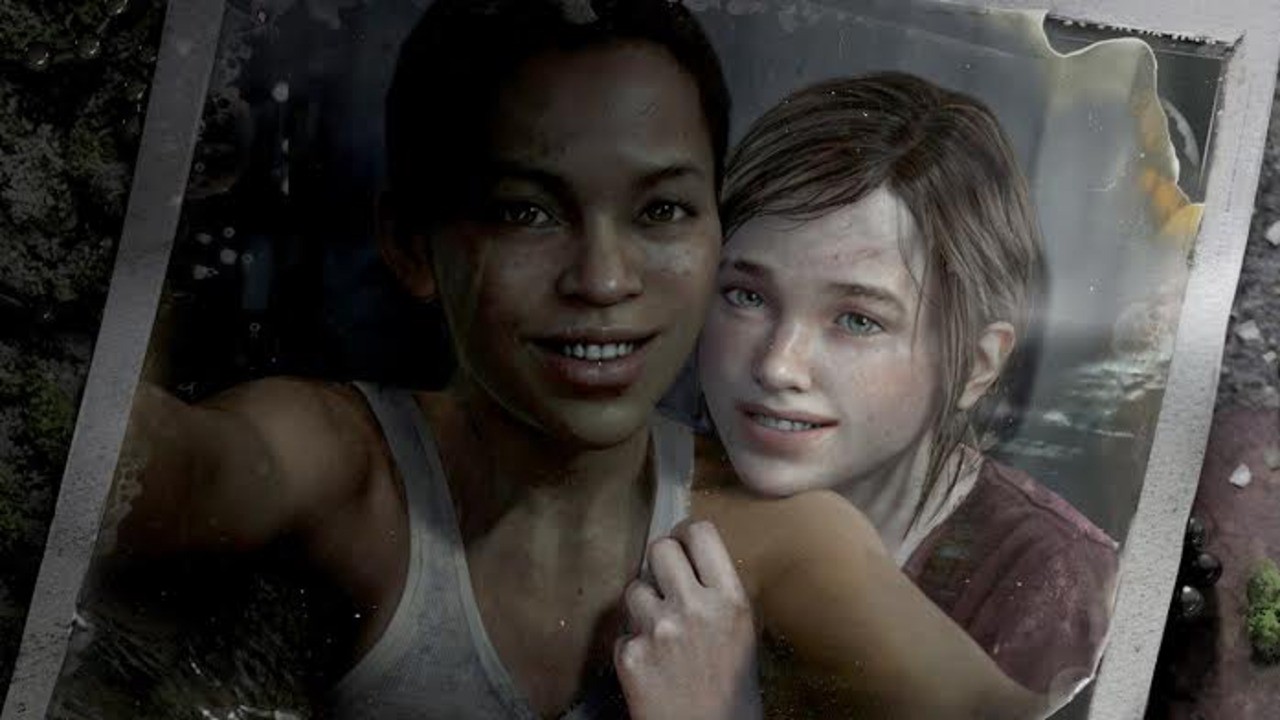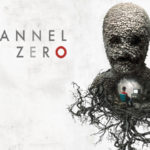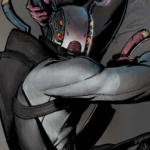
Ellie’s presence in The Last of Us is, in and of itself, a huge deal in gaming. A main character who is a teenage girl in a dystopic zombie game? Yes. Even better, there are points within the game that you have to play as a teenage girl to further the story. It makes me truly giddy.
Fast forward to when Naughty Dog released the “Left Behind” DLC. You play Ellie again and we get a deeper glimpse into her life before meeting up with Joel. This DLC follows Ellie and her best friend, Riley, who grew up together in a military boarding school. Riley has just come back after a couple of weeks, to let Ellie know that she’s a part of the fireflies. The two go out on one last adventure, full of silliness and inevitable heartbreak. Both are bitten, but Ellie doesn’t turn, which is why Joel and she set off on their adventure in the original game.

You might be asking yourself why am I writing about a beautiful yet heart wrenching game for Rogues Portal‘s National Coming Out Day 2017 Site Takeover. What does this have to do with anything we’re talking about today?
Well, there are two reasons. Mainly, the “Left Behind” DLC revealed that Ellie is queer, as her and Riley kiss before the tragic zombie attack. Secondly, Naughty Dog announced the story is getting a sequel. This means that in one of the most successful video games out there today, there is an overwhelming chance that you have to play as a queer character. Yes, there were parts of The Last of Us where you had to play as Ellie, but her queer identity wasn’t known when the game was first released.
And yes, there have been games where you can “play gay.” The Mass Effect series, Dragon Age, and other Bioware games have given us options to play as female while seducing a space girlfriend. Obviously, having this option is groundbreaking. But with these options you can also play these characters as heterosexual. The characters have no canonical sexual orientation. It seems like the only way we can get queer playable characters in games if we choose them.
The Last of Us: Part II has the potential to change all of that. If Ellie is truly the main character of this game, this means that everyone has to play as a queer woman. Dudebros who get mad at the idea of female inclusion in video games have to play as Ellie. The idea of this truly makes me giddy from head to toe. In order to play this extremely successful (and well written) video game means you have to “play gay”. One character is certainly not enough, but it’s a start. The Last of Us features amazing storytelling that interweaves a queer identity into the game that feels natural and not like an afterthought.

In hindsight, it’s obvious that Ellie’s queerness shaped The Last of Us. Would it have been better if her identity was included in the main game? Of course. But the fact that there is a sequel where the face of survival is that of a queer woman is powerful. It’s great that Naughty Dog is extremely adamant about Ellie’s queerness.
Even though Ellie kisses her friend in the DLC, there were still people saying that ‘they were just friends’. Just gals being pals, flirting with each other and kissing each other. Naughty Dog squashed any of that speculation and said she is, in fact, queer. It’s great to have a queer video game character. It’s even better when a successful company backs it up and doesn’t let queer people live in subtext purgatory.
Most times when women are in the forefront of commercially successful video games, they are created entirely for the male gaze. And they are usually not queer. In almost every video game we’ve had to play as straight characters, never seeing ourselves as the hero of the story. But the tables seem to have finally turned. Whether Ellie turns out to be the hero or antihero in The Last uf Us doesn’t matter. Queer video game characters are worthy of their own limelight. They are worthy of headlining a financially successful series, and their presence doesn’t hinder the success of the game. It actually makes the storytelling richer and even more important than it already was.


![[REVIEW] VENOM: LETHAL PROTECTOR #1](https://geekd-out.com/wp-content/uploads/2022/03/venom-lp1-feat-150x150.jpg)

One thought on “Queer Representation in The Last of Us is Vital”